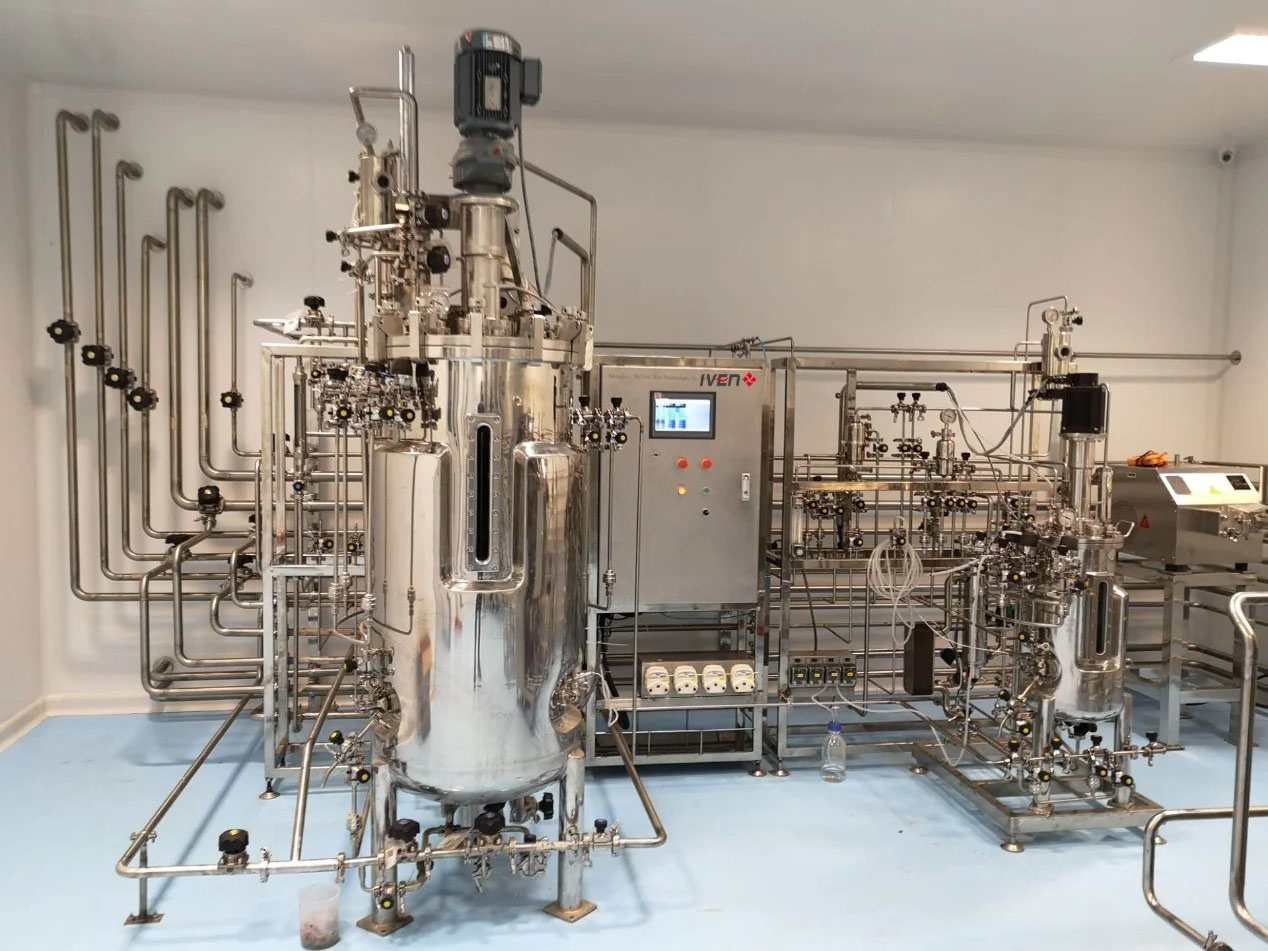
In recent years, bioreactors have become key tools in the fields of biotechnology, pharmaceuticals, and environmental sciences. These complex systems provide a controlled environment for biological reactions, enabling the production of products ranging from vaccines to biofuels. As we delve deeper into the world of bioreactors, we find that their potential is enormous and their applications are only beginning to be fully realized.
What is a bioreactor?
The core of a bioreactor is a container or vessel that promotes biological reactions. It can be as simple as a tank used to ferment beer or as complex as a large-scale industrial system used to produce monoclonal antibodies. Bioreactors are designed to maintain optimal conditions for the growth of microorganisms, plant cells or animal cells, ensuring maximum yield and efficiency. Key parameters such as temperature, pH, oxygen levels and nutrient supply are carefully controlled to create the ideal growing and production environment.
Types of bioreactors
Bioreactors come in many forms, each customized for a specific application. The most common types include:
1. Stirred Tank Bioreactor: These bioreactors are widely used in the pharmaceutical industry for the production of vaccines and therapeutic proteins. They are equipped with stirrers to ensure even mixing and oxygen transfer.
2. Airlift Bioreactor: The Airlift Bioreactor has a unique design that promotes circulation without the need for mechanical agitation, making it ideal for culturing sensitive cells that may be damaged by shear forces.
3. Fixed Bed Bioreactor: Typically used in wastewater treatment, these systems support biofilms on solid surfaces, thereby effectively degrading pollutants.
4. Membrane Bioreactor: These systems combine biological treatment with membrane filtration to effectively treat wastewater while recovering valuable resources.
Applications of bioreactors
The versatility of bioreactors allows them to be used in a variety of fields:
Pharmaceutical: Bioreactors are critical for the production of vaccines, enzymes and monoclonal antibodies. The ability to scale production while maintaining quality is critical to meeting global health needs.
Food and Beverage: In the food industry, bioreactors are used in fermentation processes such as brewing beer and producing yogurt. They ensure consistent quality and flavor profile.
Biofuels: As the world shifts to sustainable energy, bioreactors play a vital role in converting organic materials into biofuels. This process not only reduces dependence on fossil fuels but also aids in waste management.
Environmental Applications: Bioreactors are increasingly used in bioremediation efforts to help break down contaminants at contaminated sites and aid in environmental restoration.
The future of bioreactors
As technology advances, the future of bioreactors looks promising. Innovations such as automation, artificial intelligence, and real-time monitoring will increase the efficiency and effectiveness of biological processes. Furthermore, the integration of bioreactors with renewable energy sources can lead to more sustainable production methods.
The rise of synthetic biology has also opened up new avenues for bioreactor applications. By engineering microorganisms to produce high-value compounds, researchers are exploring ways to create sustainable alternatives to traditional manufacturing processes.
Bioreactors are at the forefront of the biotechnology revolution, providing solutions to some of the most pressing challenges of our time. From healthcare to environmental sustainability, their applications are diverse and impactful. As we continue to innovate and refine bioreactor technology, we expect to see even greater advances that will shape the future of biotechnology and contribute to a more sustainable world. Embracing these advances will not only increase productivity but also pave the way to a greener, healthier planet.
Post time: Oct-17-2024


